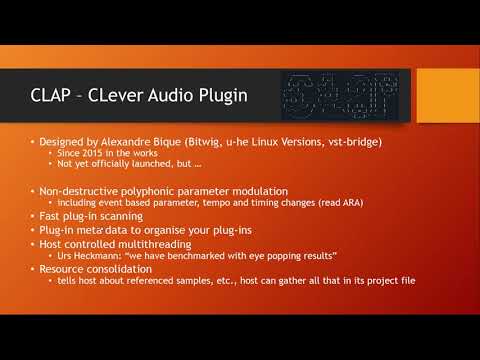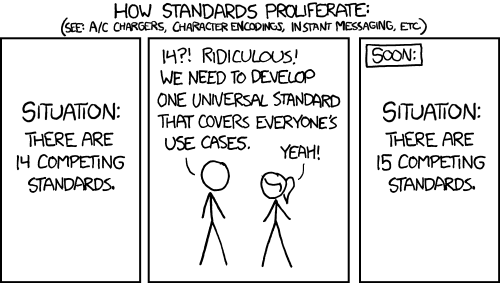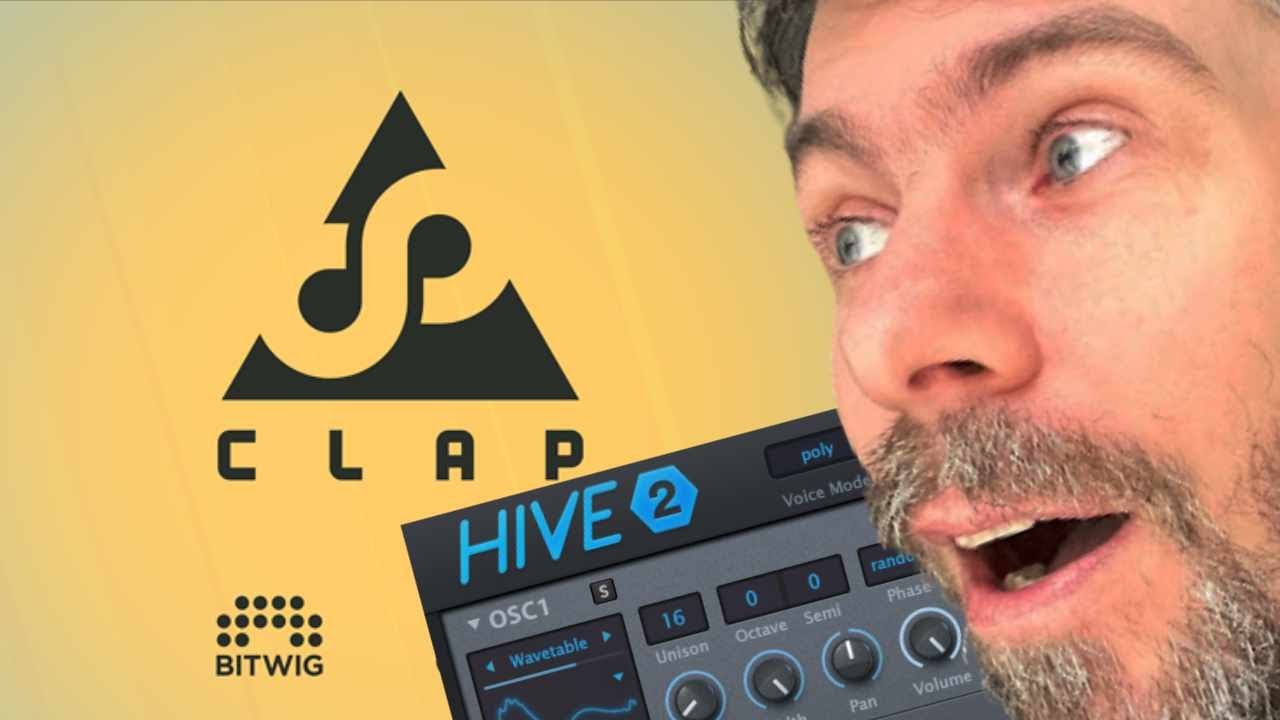https://www.kvraudio.com/forum/viewtopic.php?f=31&t=574861
CLAP is an open source plug-in format originally designed by Alexandre Bique a few years ago that we currently help to bring forward, along with friends at Bitwig and a whole bunch of other developers from both host and plug-in side.
While there is no official launch date, we have decided to include the current state of CLAP in all future updates and installers. That’s why now it’s in the MFM 2.5 public preview/beta installer.
The main reason we (u-he, others may have other reasons) try to bring forward a new plug-in standard is very simple: It’s liberally licensed. No one needs to pay fees, hire lawyers or go through vetting process. No need to sign weird contracts or NDAs that may turn into future risks of investment.
Another reason is its robustness. CLAP is very easy to grasp and very determined to avoid misinterpretation. CLAP is designed to minimise bugs that arise from different host implementations or plug-in implementations. CLAP offers ways and helpers to avoid conflicts between hosts and plug-ins that commonly happen all the time.
A third reason is its completeness. It’s got all the modern features and quite a few that we haven’t seen yet. For instance it takes into account that some hosts are not just modern tape recorders, some hosts are modern modular synthesisers. Such that CLAP offers parameter modulation which is non-destructive (unlike classic automation) and which can be polyphonic. Things like that, including event based parameter, tempo and timing changes.
Another reason is, it solves common problems. It has fast plug-in scanning, it offers host controlled multithreading (which we have benchmarked with eye popping results), it offers plug-in meta data to organise your plug-ins, resource consolidation (i.e. the plug-in can tell the host about the samples and stuff it references so that the host can gather all that in its project file) and a lot more.
As for reasons that we haven’t mentioned, maybe because they’re not as important for u-he as others, CLAP is a pure C ABI, so people can develop in any programming language they like. It can run on pretty much any hardware and operating system, even embedded. I’m writing this off my head, I’m sure there are numerous reasons to develop and deploy CLAP that I can’t possibly all mention here.
But: Please don’t expect a full blown roll-out in the next few months! Even if we offer ready-to-go CLAP plug-ins, we can’t speak for our partners on the hosting side, and CLAP is still in development, i.e. specs might change a bit.
We are however happy to include host and plug-in developers in our chats once the specs are finalised. This is going to happen, we hope, before MFM 2.5 is released, and then MFM 2.5 can be used as one reference implementation for host developers to try.
We are also offering some financial support to open source projects which would like to offer CLAP support. We’re currently supporting three initiatives, we may have room for some more. So if you have a project that’s currently compiling to any other audio plug-in format, or hosting such, we’re happy to hear from you and maybe it fits within our budget.
Btw. some cool open source projects are already running as CLAP in private branches, we can’t wait to see them running in a cool host soon!



